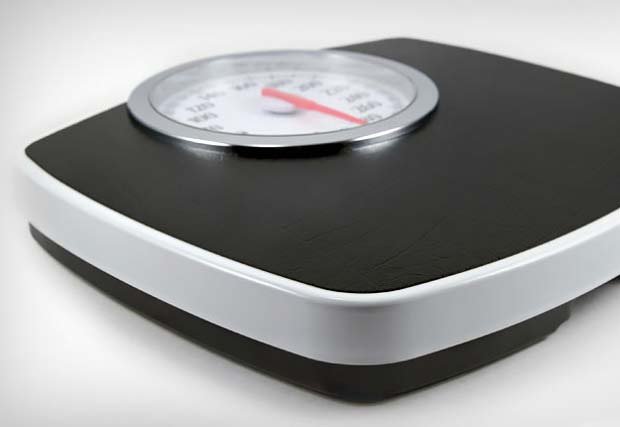The benefits of surgical weight loss can range from improved health to a higher quality of life.
For many, obesity is difficult to treat with diet and exercise alone. People who are obese are also at increased risk for Type 2 diabetes, high blood pressure, cardiovascular problems, sleep apnea and stroke.* An effective tool for improving health is available at the Bariatric Weight-loss Surgery Center at Inland Valley Medical Center, recently re-accredited by the Metabolic and Bariatric Surgery Accreditation and Quality Improvement Program.
Here, a comprehensive approach centers on bariatric surgery, where the stomach is either reduced in size or part of it is bypassed. This affects appetite and how the body metabolizes food. Education and follow-up help patients make changes in their lifestyle for longlasting results.
The type of procedure chosen — gastric bypass, laparoscopic sleeve gastrectomy or laparoscopic gastric banding – is determined through evaluation by a bariatric surgeon.
The following are potential benefits of minimally invasive weight-loss surgery:
- Less pain. Surgeons use very small incisions, slim instruments and cameras.
- Faster recovery. Patients are often able to go home two days after surgery.
- Improved health. Blood glucose (sugar) levels and Type 2 diabetes can be better controlled.**
- Lifestyle changes. A healthy diet and exercise are a part of successful bariatric surgery and offer lifelong benefits.
Is bariatric surgery right for you?
According to the National Institutes of Health, bariatric surgery is only for people diagnosed with morbid obesity. This is determined by a person’s Body Mass Index (BMI), which is a measurement of body fat based on height and weight. Candidates for surgery must have a BMI of >40 with no other health conditions or a BMI of >35 with other conditions related to obesity. Candidates also need to make a commitment to behavioral changes and medical follow-up.
Learn more about weight-loss surgery at Inland Valley Medical Center.
*National Heart, Lung and Blood Institute; U.S. Department of Health and Human Services
**National Institute of Diabetes and Digestive and Kidney Diseases
Individual results may vary. There are risks associated with any surgical procedure. Talk with your doctor
about these risks to find out if bariatric surgery is right for you.

